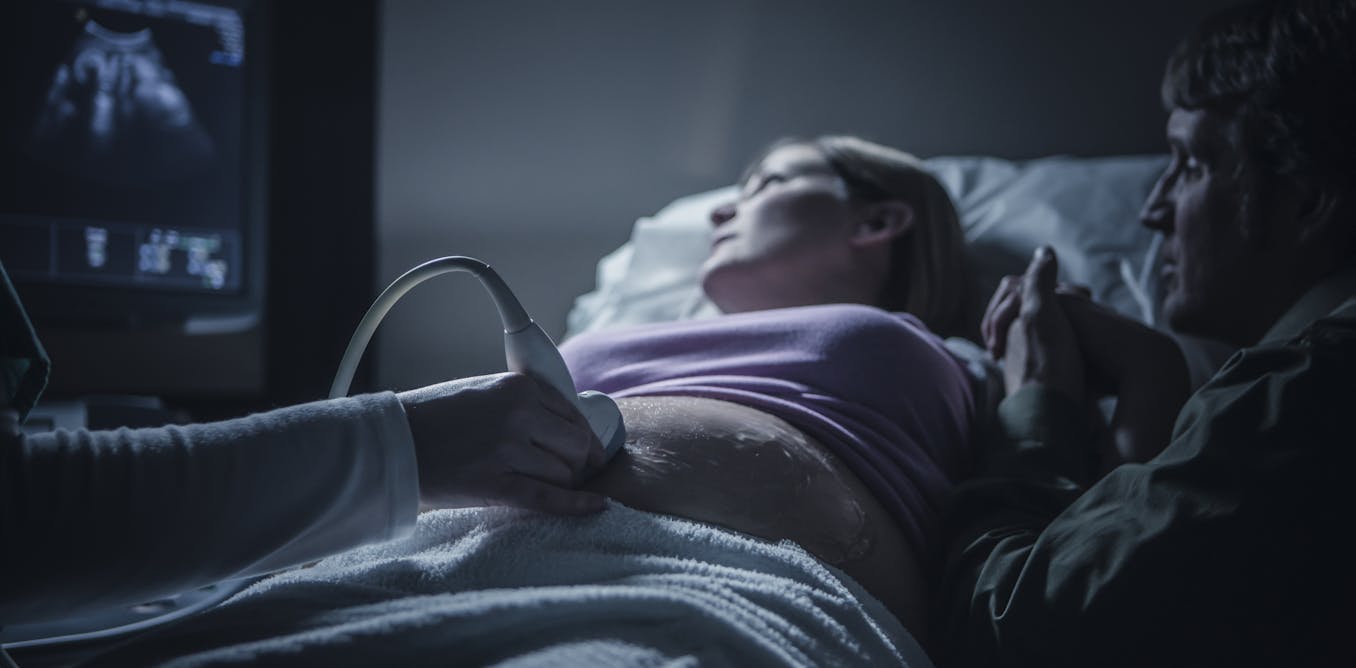HEEL pain, phantom smells and a fear of driving are just some of the more niche and bizarre symptoms triggered by menopause, a specialist says.
While there are up to 48 symptoms of menopause, many women are unaware even of the key ones.
2

2
Therefore, it’s unlikely they’ll be familiar with symptoms such as clumsiness or itchy ears that signal they are going through ‘the change’ – and may get a wrong diagnosis entirely.
But Jane Mackay, a Women’s Wellness and Menopause Coach from Sheffield, says: “Through coaching my clients and the messages I was getting from my social media followers, what kept coming up were the same symptoms, often not ones we would immediately associate with the menopause.
“These were often symptoms that these women had never suffered with before and many had a very sudden onset in their late 30s and early 40s, myself included.”
Other symptoms Jane has noted are the feeling of bugs crawling on the skin (formication), smelling petrol or smoke when it is not there and a change in body odour.
Menopause is when a woman has not had a period for one year. The time leading up to this – up to a decade – is called perimenopause.
Symptoms occur both during perimenopause and postmenopause, but the severity and frequency vary greatly between women.
Jane says: “Our hormones oestrogen, progesterone and testosterone are ‘chemical messengers’ that go into our bloodstream and travel all over our bodies.
“The wide range of symptoms that women are experiencing are due to the fluctuating or low hormone levels that occur at perimenopause and menopause affecting our whole bodies. It’s no wonder so many women are struggling.
“So much of the conversation around menopause has always been about hot flushes and night sweats.
“But there are so many other physical, emotional and cognitive symptoms that aren’t really spoken about so are going unrecognised.”
The problem is many women can get misdiagnosed, or perhaps their issue will not be connected to menopause, thus they do not get offered further treatment or support for menopause.
Jane says: “I get so many messages from women who are being dismissed by their GPs too.
“What I hear a lot is that women who are perimenopausal or menopausal are being told that their symptoms are simply a part of ageing or something they ‘just need to deal with’.
“The women I speak to are routinely being offered and prescribed antidepressants and painkillers without HRT even being considered (including me!)
I’ve been shocked at how many perimenopausal or menopausal women have told me they’ve been diagnosed with fibromyalgia
Jane Mackay
“Depression can be a common misdiagnosis because perimenopausal and menopausal women often visit their doctor feeling frustrated, low and tearful due to their symptoms and low hormone levels.
“I’ve been shocked at how many perimenopausal or menopausal women have told me they’ve been diagnosed with fibromyalgia and are either taking strong painkillers or antidepressants on a long-term basis.”
Fibromyalgia is a condition that is more common in women than men, developing between the ages of 25 and 55.
It causes pain all over the body – muscle stiffness, difficulty sleeping, fatigue, difficulty concentrating or remembering things, headaches, digestive issues, feelings of frustration, worry or low mood.
“Many of these symptoms could be related to low hormone levels in perimenopause and menopause,” says Jane.
Menopause awareness is greater than ever, thanks to campaigns such as Fabulous Menopause Matters.
However, there is still work to be done.
According to a survey carried out by Holland & Barrett, seven in ten women experiencing menopause symptoms delay seeking support or advice from a trained professional, or don’t seek help at all.
One in four of those who delay (25 per cent) claimed they ‘don’t want to waste the time’ of their GP or local health professional.
And women still resign to the idea menopause is ‘a normal part of getting older’ (41 per cent).
Though it is a normal part of ageing – with the average age of menopause 51 – it doesn’t mean women should suffer in silence.
Jane says: “I would advise ALWAYS seeing your GP with any of these symptoms, especially if they significantly impact daily life, are persistent or are accompanied by other troubling signs.
“A GP can help rule out other conditions, provide appropriate treatments and offer peace of mind.”
The full list: 17 bizarre menopause symptoms
- Electric shock sensations
- Heart palpitations
- Metallic taste
- Increased anxiety (for example, a sudden fear of driving)
- Clumsiness
- Dizziness
- Muscle and joint pain
- Formication (feeling of insects crawling on skin)
- Allergies/hay fever
- Phantom smells (often smoke/petrol!)
- Frozen shoulder
- Hair falling out
- Itchy ears
- Tinnitus
- Change in body odour
- Noise sensitivity
- Plantar fasciitis (inflammation in the part of your foot that connects your heel bone to your toes)




